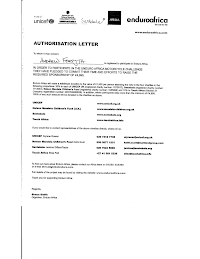
A recent Guardian article on FrontlineSMS described a new effort to improve health care in low-resource, remote communities by using a basic function of the ubiquitous mobile phone: Short message service (SMS) or text messaging.
According to the World Health Organization, Africa accounts 24% for the global burden of disease but has only 3% of the health care workforce. The shortage has important ramifications for such domains as maternal health, tuberculosis, malaria, and HIV.
FrontlineSMS, seeks to address these shortages by offering an open-source software program that permits two-way text messaging and requires only a computer, modem, cell phones. According to Springwise,
Working with donations collected through Hope Phones, the initiative places a laptop running FrontlineSMS in a central clinic and then distributes cell phones to community health workers. Workers are trained in sending text messages to hospital staff to request drug dosing information or treatment instruction, for example, or provide status updates on a particular patient.
Clearly, this will not solve the critical shortage of skilled health-care workers in the region, but it makes clever use of existing technology to help provide access to medical care, even for those living in remote villages.




1 comment:
Post a Comment